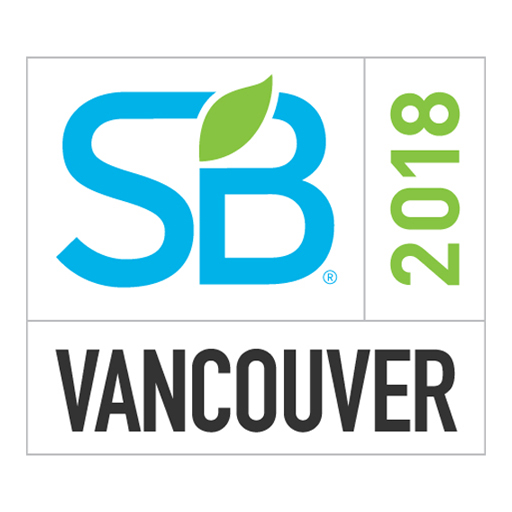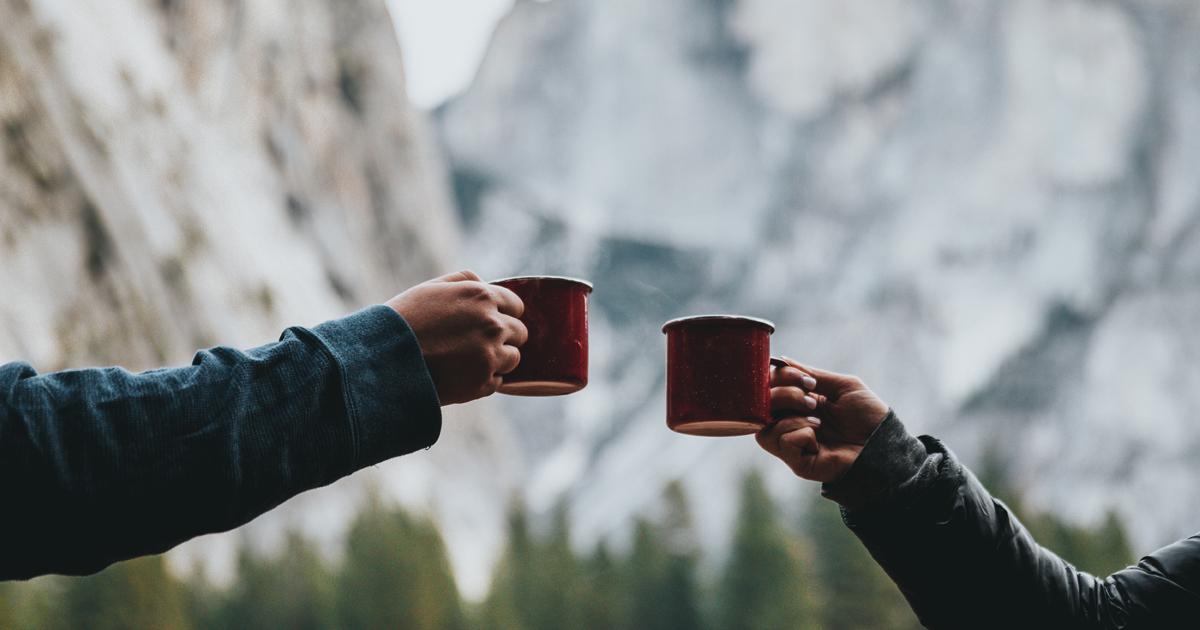A series of short interviews with key speakers slated for SB’18 Vancouver. All speakers are asked six sustainability questions:
1. What is the most exciting thing you’re working on now?
REI is a different kind of company. Our business strategy and our social purpose are the same thing. Our big question is how to make connection with nature a must-have, not a nice to have, in a modern culture that’s increasingly urbanized. We think that access to the outdoors should rise to the level of being a human right. But today, the average American will spend 70 years inside; disconnected from nature. Academics increasingly understand more about the role nature plays in our lives in terms of mental, physical and spiritual benefits, so our role is to awaken a lifelong love of the outdoors. Everyone, everywhere, should experience the transformational power of being outside. Answering how you do that is what excites me most.

2. What will you be talking about at SB’18 Vancouver?
I’ll touch on the path ahead for the relationship between people and the outdoors. I’ll share how we are rethinking our role as a retailer, how we are seeking to create change across unexpected and unrelated categories and how we are working to incentivize others to try more sustainable innovation. I’ll also share some views about how and why brands can take a stand; the merits and trade-offs of driving inspiration vs. demonstrating resistance and why REI takes clear positions and simultaneously finds ways to unite people.
3. What has been your proudest moment in Sustainability?
My answer probably won’t surprise you, but ‘#OptOutside’ was incredible because what started as counter-culture idea, crossed over and became a part of the mainstream. Likewise, our gender equality work, ‘Force of Nature’ is helping to change the narrative around women in an historically male-dominated sector.
Recently, I am most proud of the REI Product Sustainability Standards, just launched. These were not my idea (Vik Sahney, Matt Thurston, many REI people past and present and the SAC and OIA Sustainability Working Group deserve that credit). They were in development long before I joined REI and may be the most influential piece of work I’ve been involved with; they can help to create a marketplace that will spark design innovation and that could shift the consciousness of people beyond our industry. I’m super happy for the REI team who delivered this work to the world and enjoyed watching it be welcomed so warmly.
4. What was your Personal Path to Sustainability?
It was slow and accidental. I grew up in a highly urbanized environment. The outdoors was distant. Sustainability wasn’t on my radar in any meaningful way until my early 20’s. But as my career began, the companies I worked for were just beginning to explore and question their role in society. I had studied politics and philosophy, so was fascinated by the idea of the systems people were using to organize themselves and influence change.
Governments are inherently cumbersome. Non-profits often lack leverage. Companies have both agility and the ability to think big, so that seemed the best way to get into a new and dynamic space. It was pretty clear through my policy and corporate reputation management experience that if you want to avoid reputational damage, the best thing to do is to choose to make proactive choices, early. Making that pivot to purpose has broad benefits (employee retention, consumer loyalty and brand engagement, long term value creation, etc.). Sustainability went from niche interest to a debate about how companies can create positive change and value at the same time.
5. If you could travel in time what would you tell your 20-year-old self?
“Don’t respect the rules quite so much. Take more risks, have an opinion, and work on stuff that matters.” I might also tell myself to have a stronger sense of self belief. I see people today in their 20’s accomplishing so much more than I did at that age because they already have an incredibly strong sense of who they are. I was way too slow to find my place, but the exploration did help me develop a broad view”.
6. If you had a magic wand and could completely solve one sustainability problem, what would it be?
Humans are profoundly myopic and unable to process abstracted, long-term threats. Issues like climate change, environmental engagement, equality and so on require us to think beyond our own world view. But we are rubbish at that. So I would embed in everyone’s brain some kind of magic chip that enables empathetic, long-term vision / risk analysis. Maybe that would help us to collaborate (our best competitive advantage as a species) on things that matter beyond our back yards.

Alex Thompson is one of over 300 brand leaders who will be speaking at SB’18 Vancouver this June 4-7, register now to reserve your spot!
Alex Thompson, VP Brand Stewardship and Impact, REI, was in conversation with Etienne White. Some answers have been edited to fit a shorter format.
May 2, 2018


